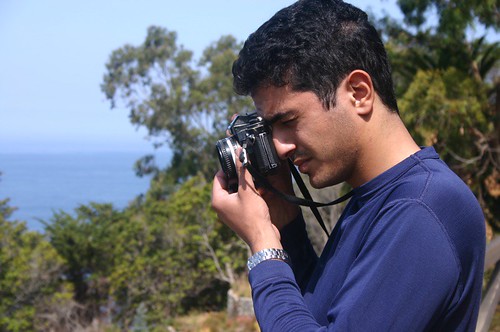

When you have these two worlds living side by side, as they do in countries like South Africa and the Sudan, how do you convince the rich of the country to worry about the poor.
Solution: ?
In my opinion I think the first world, namely Europe, the USA, and now maybe even China, need to unite and create a movement for change in the world, and begin to one by one target countries and assist them in poverty reduction and governmental corruption elimination by force if neccesary. I think the idea that the US tried to bring democracy to Iraq is bogus, but I definitely believe in the theory of democratization.
Simply:
More Responsive gov't = enhanced economic growth
Enhanced economic growth= larger purchasing power for each person
Larger Purchasing power= greater market for consumption of goods and services
Greater market= Stronger economies
I truly believe in a free market capitalist system and believe if implemented effectively it can be a real tool in fighting poverty throughout the world. We just need the powerful countries today to stop quibbling over natural resources like oil and truly dedicate themselves to improving the gov'ts of poorer countries, if not for them, then for our own economy.

2 comments:
hey payam,
great title to your blog! i like what you wrote about the flow from more responsive gov'ts to stronger economies, with the idea of buying power as the stepping stone to health...or freedom of health. i also think the whole paradigm shift you mentioned is an important concept to work toward.
farah
You know the pictures caught my attention and I have to admit that I much prefer the second picture to the second one. I have made it to the point where I cringe when I see the children with the big bellies and the flies around them; or the other end with their ribs sticking out. I know that this is used to get the attention of the world to allow for more funds, but now what has happened is the misconception of the people. Africans are generalized as these poor people who all live in this terrible places (and no doubt, some do, but let's take a look at what happened on U.S. soil when Katrina hit), Latin Americans are also labeled in that same manner. My point is simply this; there exist a huge population of poor people around the world; in attempt to help them, let's not exploit them by only showing the negatives of their lives. Let's find a balance, afterall, in order to have poor people, there needs to be a contrast of really rich people.
Post a Comment